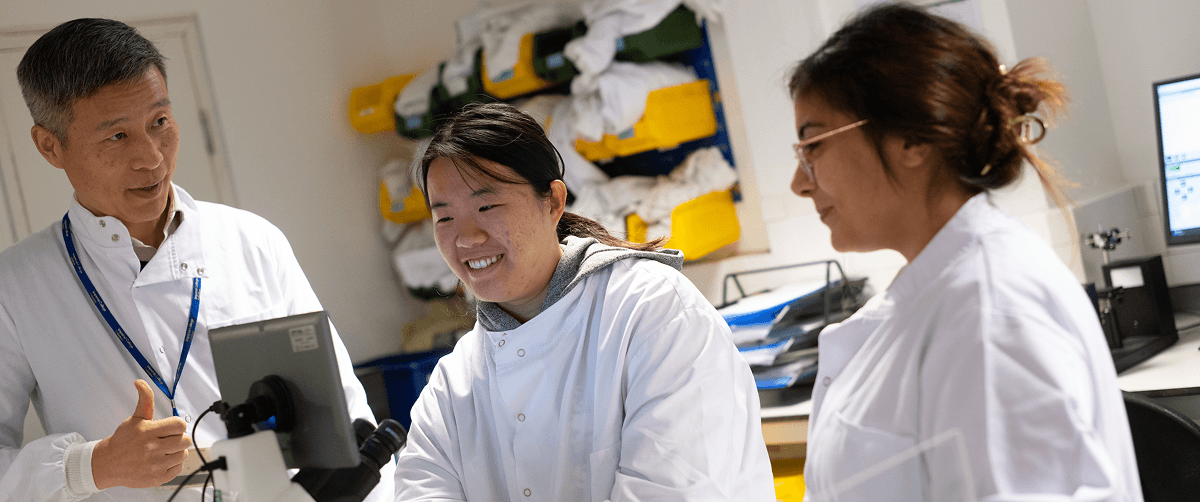
To achieve this, we need to fund excellent research and exceptional researchers to unlock new and better ways to prevent, diagnose and treat cancer. That includes supporting high-quality research that will deepen our understanding of cancer inequalities and health disparities. Together with others, we need to go further to make sure research benefits more people.
We also need to continue efforts to attract and retain the most talented people from a broad range of backgrounds to cancer research, helping to support innovative ideas so that more people affected by cancer benefit from our discoveries. We remain committed to promoting a positive, fair and inclusive culture, working with others to foster an environment where our researchers and excellent research can thrive.
We're building on the progress and learnings from our first equality, diversity and inclusion (EDI) in research action plan 2021-2023. We’ve implemented new funding policies and practices, are supporting talented early career researchers from underrepresented groups and promoting inclusive research design and practice.
Our five year strategic approach (2025-2030) is a statement of intent and a blueprint to deliver the first two strategic priorities in our organisation-wide EDI strategy. This new approach is evidence-based, with our priorities and focus areas guided by where we can make the biggest impact with the resources we have available.
We’re grateful to the cancer research community – patient representatives, researchers and partners – who’ve engaged with us in developing our strategic approach. We won’t be able to meet these ambitions alone and will continue working with these groups to achieve them.
Read about our strategic approach (PDF, 4.41 MB)Cancer affects people unequally – in terms of incidence, diagnosis, treatment and outcomes. The reasons are multifaceted and complex, rooted in structural, demographic and socioeconomic inequalities. While these factors undoubtedly contribute, there’s limited understanding of the role biology plays in underpinning these disparities.
These gaps in our understanding of cancer biology are made worse by the underrepresentation of certain communities and populations in cancer research, limiting the impact of some research findings.
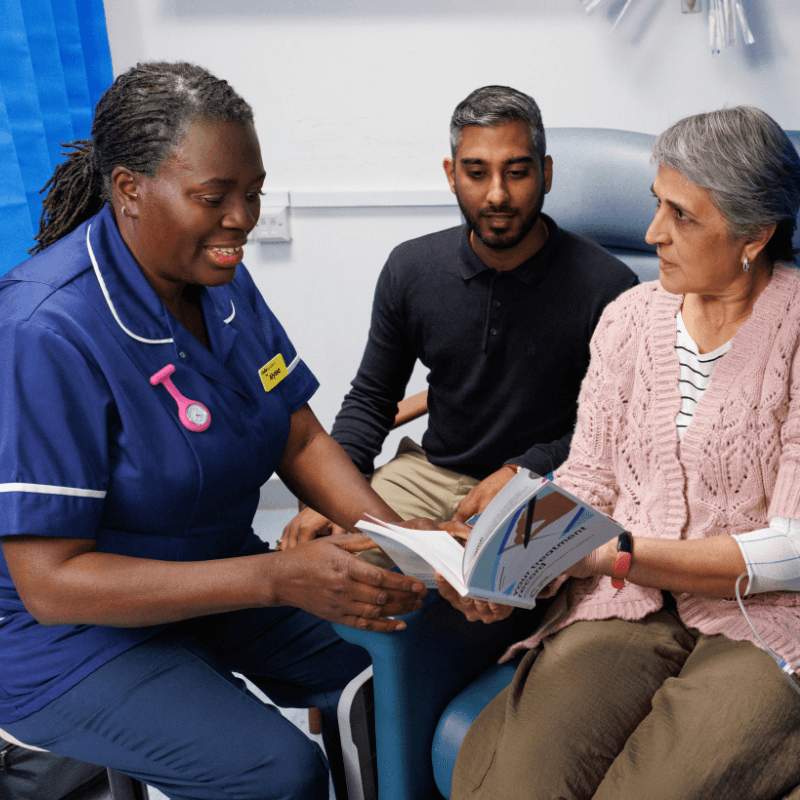
Transforming our understanding of the role of biology and its interaction with other causes contributing to inequalities in cancer incidence and outcomes by:
generating new knowledge into the underlying biology that interacts with the multifactorial drivers of cancer inequalities
catalysing high-quality interdisciplinary research through our funding routes
incentivising inclusive research to build trust and drive impactful research for all communities
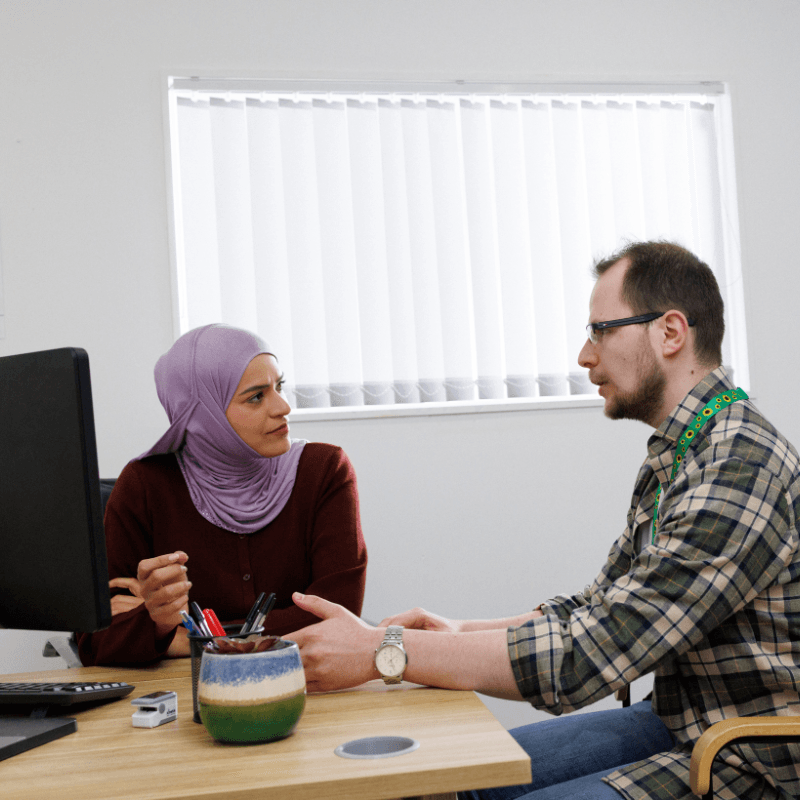
Enhancing the design and delivery of inclusive research by:
addressing barriers by improving our understanding of research participation and using our influence to enhance it
enabling inclusive research by ensuring, where relevant, more diverse patient populations, samples and data in research
promoting inclusive research design across our infrastructure, as well as collaboration and learning opportunities
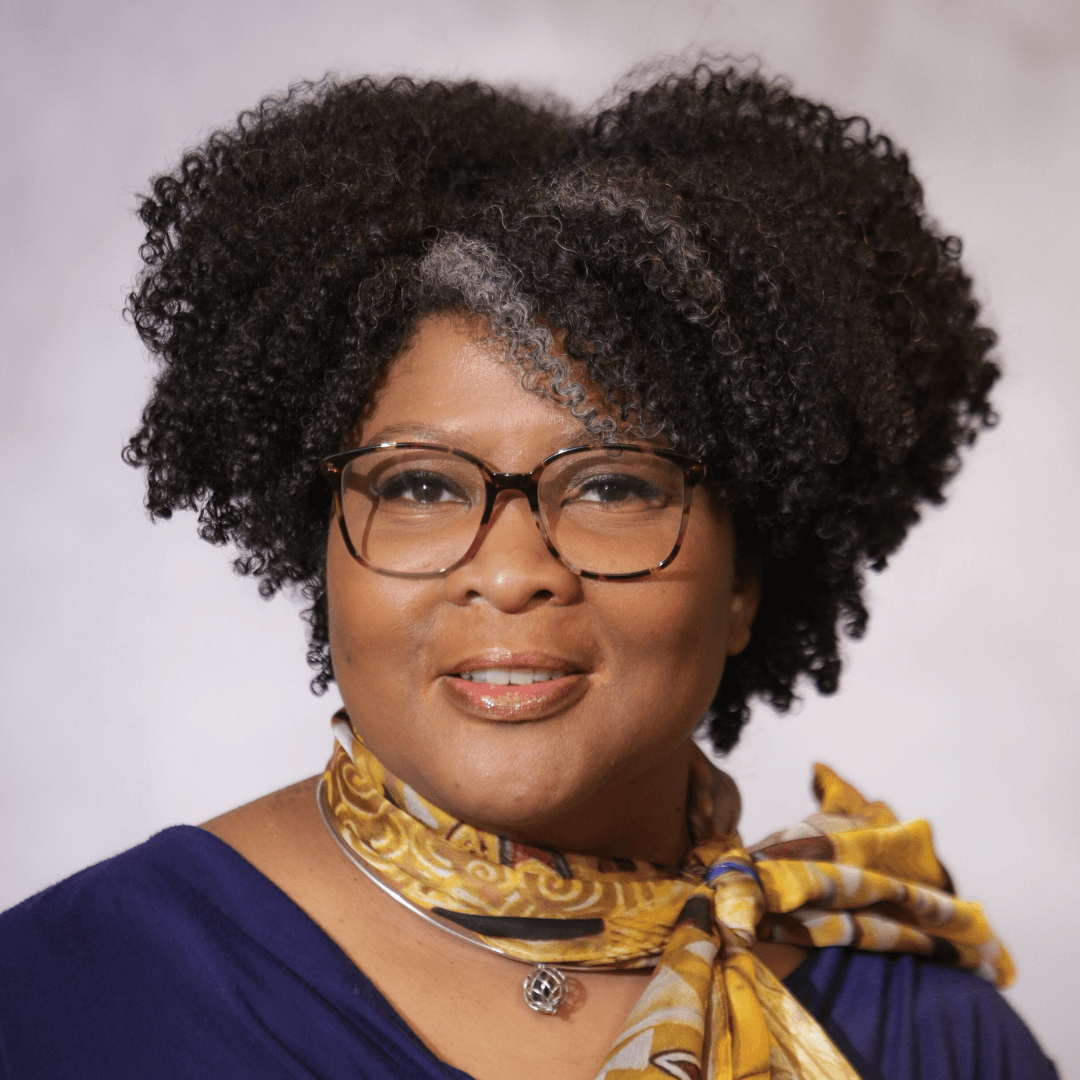
Through Cancer Grand Challenges, we’re supporting Team SAMBAI (Social, Ancestry, Molecular and Biological Analysis of Inequalities) with £20m over five years. An interdisciplinary group of researchers based across Ghana, South Africa, the UK and the US – the team are striving to decode the factors that influence disparate cancer outcomes in underserved populations of African descent.
We fund exceptional people based on merit and aim to give everyone an equal opportunity to work, thrive and progress in fair and inclusive research environments. However, we recognise that not everyone has this experience, and people may be disadvantaged by their background or other characteristics.
We will continue to collect relevant information about our applicants, identifying barriers and evidence-based opportunities to support our aim of everyone being able to pursue a career in cancer research with an equal chance to thrive and progress on merit.
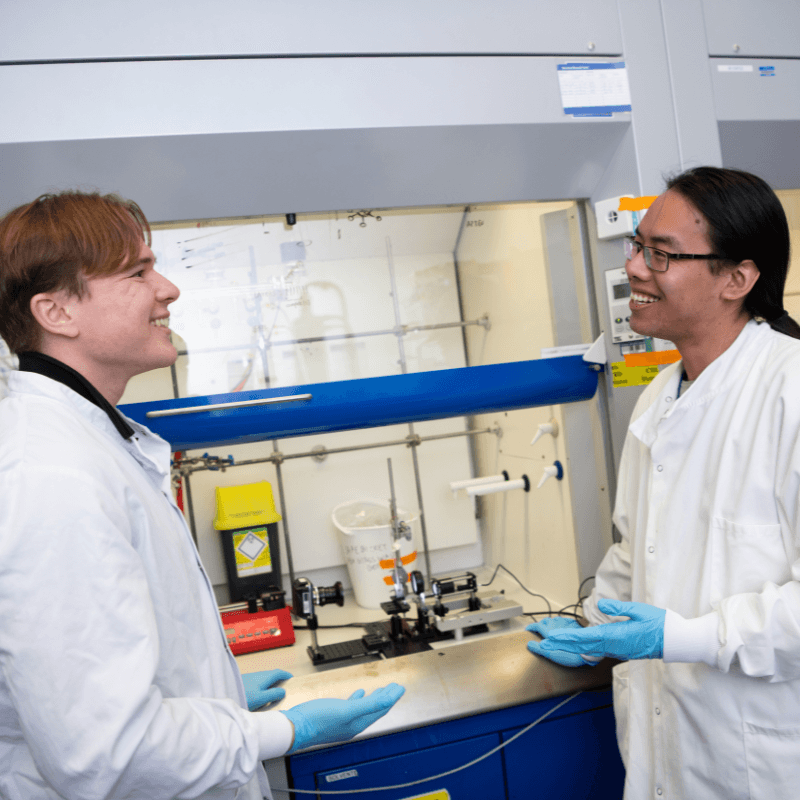
Supporting research in a fair and inclusive way by:
funding on merit by making sure talented researchers aren’t disadvantaged due to their background or other characteristics
understanding barriers by identifying issues faced by underrepresented groups in the grant funding process or their circumstances
promoting inclusive practices by pinpointing areas where we can have the greatest impact and embed evidence-led actions to support talented researchers from all backgrounds
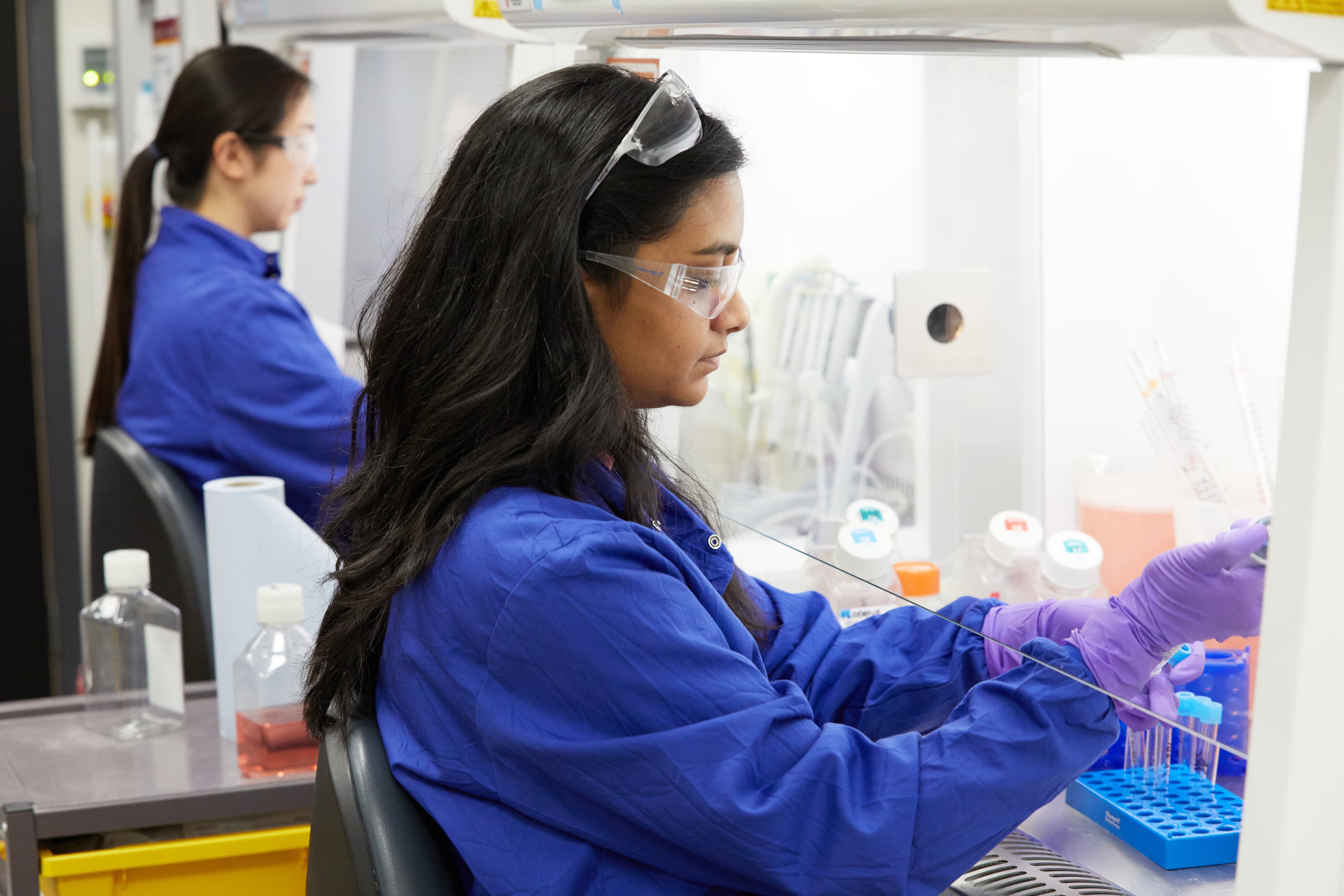
Fostering inclusive and diverse research communities and environments, in partnership with others by:
attracting and retaining talented researchers from underrepresented backgrounds
promoting inclusivity by using our influence to incentivise inclusive cancer research environments
collaborating with others to monitor, measure and share learnings and good practice
building the evidence base for effective interventions that support our aims
celebrating achievements of excellent cancer researchers from underrepresented groups
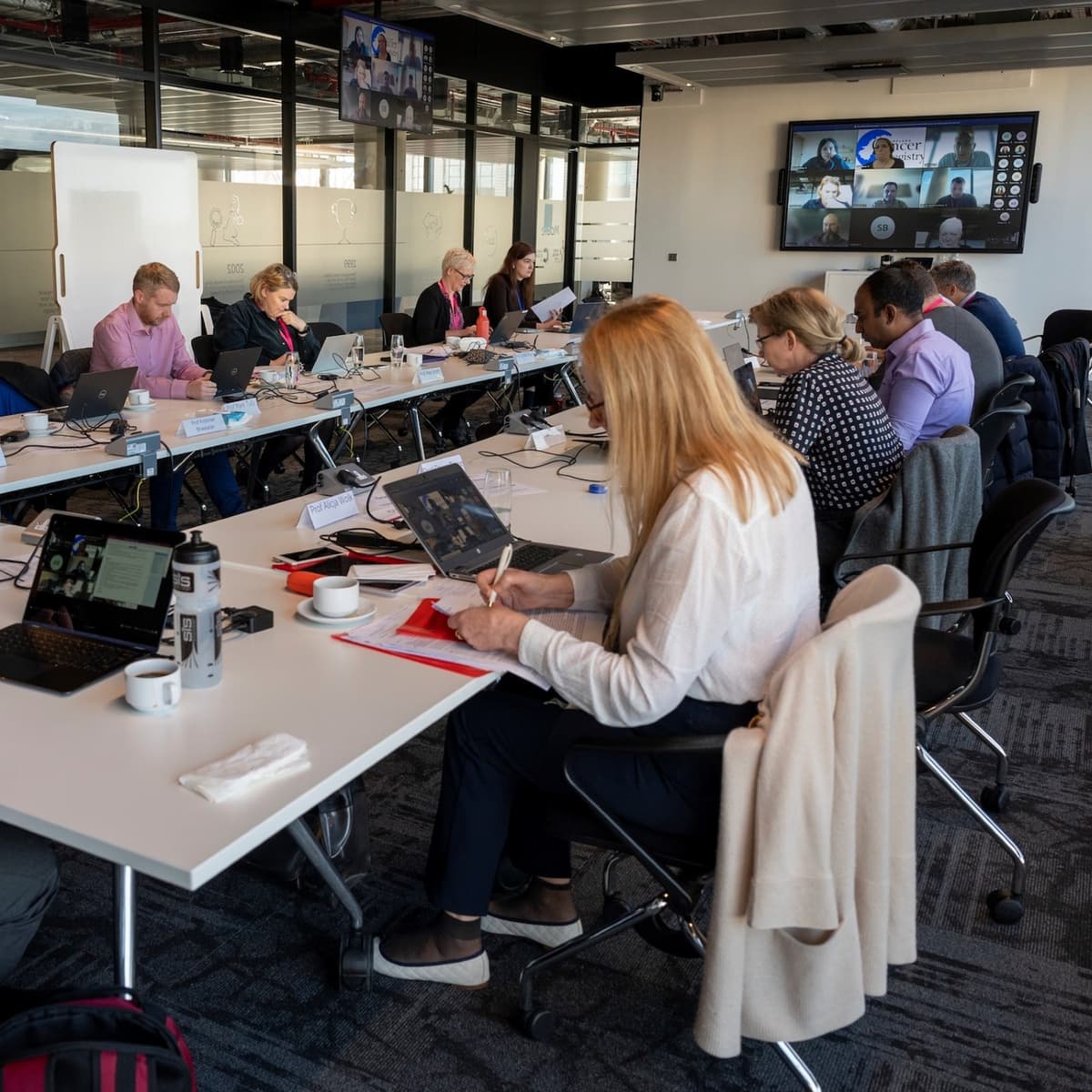
We want all our applicants to feel confident in putting forward their best research ideas. But applying for grants is competitive and often stressful, and not everyone has access to the knowledge and networks that support success. To help demystify the process, we’ve introduced an observer scheme that gives early career researchers the opportunity to view our panel discussions and interviews.
Read more about our dedicated funding calls, support and resources related to EDI in research.
We have funding opportunities spanning our broad remit - discovery through to clinical research which are open to proposals on cancer inequalities and health disparities. Watch this space for more targeted calls relating to cancer inequalities.
View all funding schemesWe want to support research developing novel approaches to tackling inequalities in cancer early detection and diagnosis. Funding is available through our existing early detection and diagnosis routes and will span multiple rounds. (PDF, 182 KB)
In early 2026, we’ll be hosting a sandpit-style workshop to catalyse interdisciplinary collaborations and help to identify and address key research questions that could transform our understanding of cancer inequalities. We’ll award pilot grants to the most promising teams and ideas. Register your interest now.
Watch back our webinar to learn more about how we plan to stimulate cancer inequalities research and how to get involved with those funding opportunities. Our panel explored the challenges of understanding how and why cancer affects people differently.
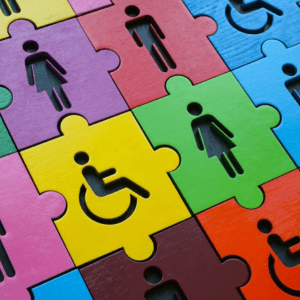
What do cancer inequalities really look like? From diagnosis, to treatment, to our genetic and molecular understanding of cancer, our latest feature spotlights three research teams tackling this question head-on.
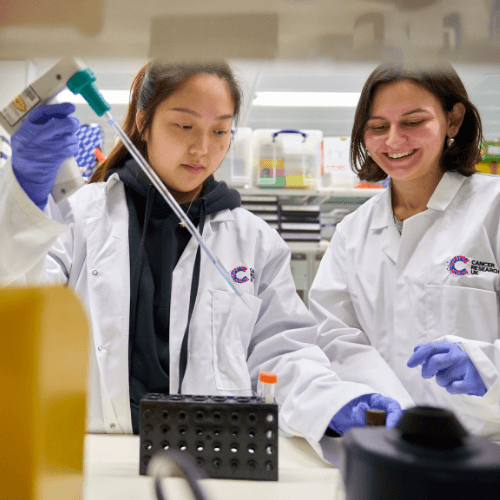
Our diversity data report and EDI in research strategic approach is part of our organisation-wide EDI strategy to make us the best charity we can be, which reflects the communities we serve and that people are proud to work and volunteer for.
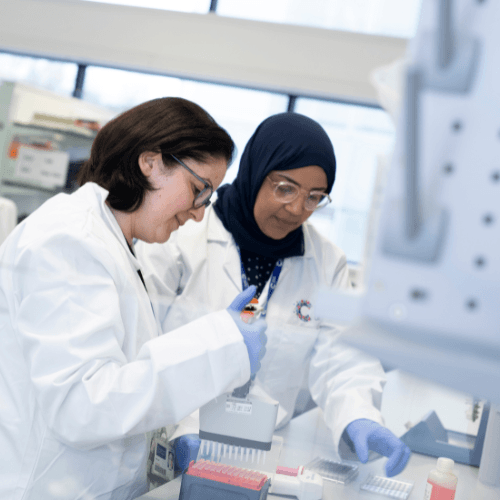
Knowing who we fund is fundamental to tackling gaps in diversity in the cancer research workforce . We are transparent about who applies for our research grants, and who they are awarded to. This data helps us to uncover and address inequalities in the research we fund.

We’ll influence policy and health systems, and amplify our impact through collaboration with communities and strategic partnerships to ensure no one is left behind in our progress towards beating cancer for everyone.